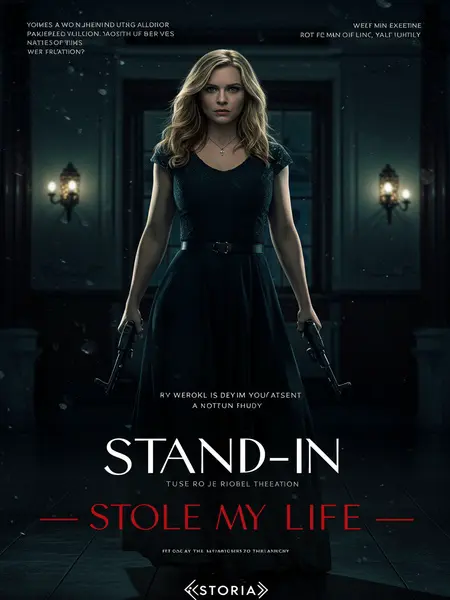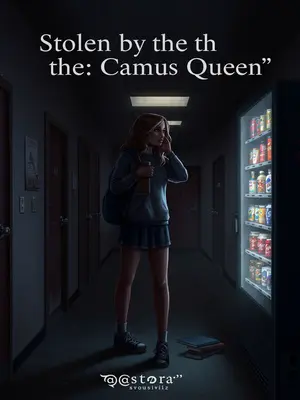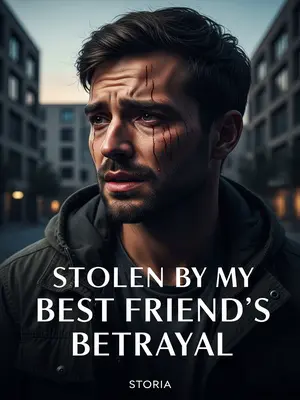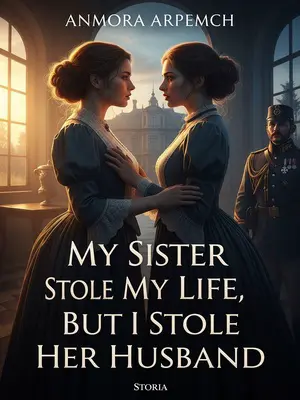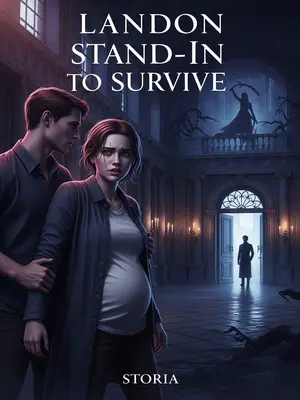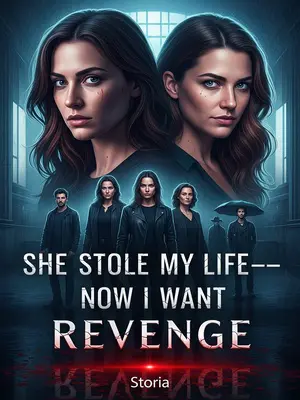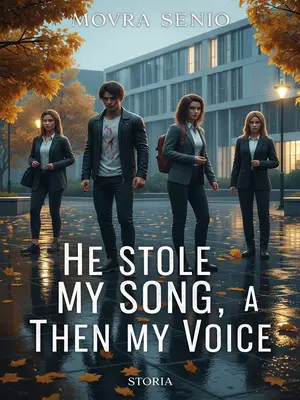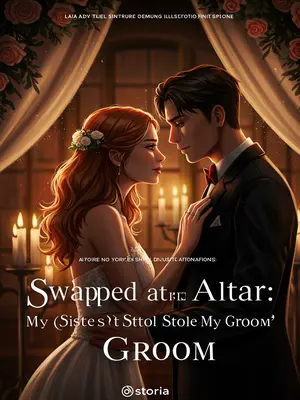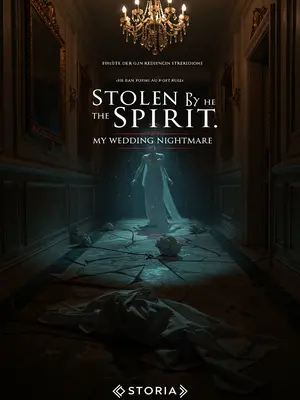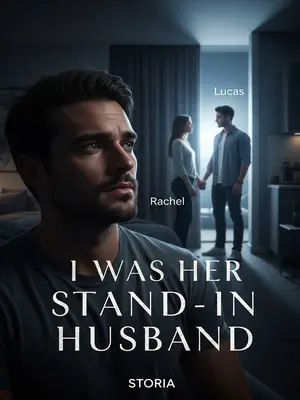Chapter 2: Hostage to Hero
One
I pressed my gun against the Northland president’s neck, waiting for the Southern Republic army to burst into the grand rotunda—the barrel biting into his skin, cold steel steady despite the tremor coiled in my fingers.
The cold metal of the pistol was slick with the sweat from my palms, and the marble floor beneath us gleamed under the massive skylight. The president’s breathing was ragged, the hush in the rotunda sharp enough to cut glass. Every second stretched out like a wire. My heart pounded, but my gaze stayed icy, unwavering.
Under their stunned stares, I lifted my chin and said:
"Took you long enough, General."
My voice was steady, carrying a defiant edge that echoed off the vaulted ceilings. The soldiers hesitated, their boots scuffing the polished stone, not sure whether to advance or bear witness.
"Ma’am, welcome home."
His words were thick with emotion, almost reverent—like a salute you’d hear at Arlington after a hero returns home. The air was charged, tense but electric. I watched the general’s jaw tighten, a subtle nod to the gravity of the moment.
Capturing the Northland president alive, my achievement was even greater than before—this time, bringing him in breathing meant more than a headline ever could.
So, when I returned to the Southern Republic, cameras popped and the motorcade rolled.
The president himself led the civilian and military leaders on the Capitol steps to welcome me, Secret Service–style earpieces glinting, snipers perched discreetly above as the motorcade doors swung open.
Rows of dignitaries lined up beside the city’s ancient brick gates, flags fluttering in the spring breeze. The president stood front and center, dressed in a crisp suit and that familiar, unreadable expression. People cheered and waved homemade banners with my name.
It was both to celebrate the victorious army and to welcome Natalie Thompson, who married for her country—an alliance everyone argued about on talk shows but secretly believed might save lives.
Five years ago, the president was reluctant to send his own daughter, so he planned to choose a girl from a senator’s family—poll numbers skittish, donors restless, op-eds lining up to praise restraint or condemn cowardice.
My father, chasing wealth and glory, offered me instead—pen tapping against the desk, smile too rehearsed, eyes sliding off mine as if I were already gone.
The president adopted me as his daughter and gave me the name Natalie—made public with a legal decree and a televised embrace that turned me from a senator’s overlooked child into the nation’s foster daughter overnight.
I dipped my head in a dignified nod. "Mr. President, I’m honored to report I didn’t fail the mission—our forces defeated Northland, and we captured the deposed president alive."
My movements were deliberate, a practiced poise shaped by years of playing the role. I could feel the eyes of the crowd and hear the shutter clicks from the press pool. Deep down, I wanted everyone to see how far I’d come—how much I’d survived.
The president said with satisfaction: "Well done. You’ve done more than anyone."
His smile was rare, the kind that made headlines. The officials behind him murmured in agreement, a ripple of approval passing through the ranks. For a fleeting moment, I felt the warmth of belonging, like I mattered to this place again.
That was exactly what I wanted to hear.
From now on, no one could deny that I was a hero of the Southern Republic.
That night, the governor’s mansion held a banquet to welcome me and the soldiers, washing away the dust of battle—hosted there because the Executive Residence was still under wartime repairs.
Strings of white lights twinkled overhead, and the aroma of roast beef and honeyed ham filled the air. Crystal glasses chimed as laughter and music danced through the halls. Bourbon clinked, a jazz quartet threaded standards through the crowd, and servers floated by with crab cakes and mini sliders while D.C. politicos in flag pins traded whispers behind napkins.
I accompanied the president and First Lady, entering the banquet with them through a gauntlet of cameras and boom mics, the press pool badges flashing at the ropes.
My seat was at the head table, next to the First Lady and across from the Chairman of the Joint Chiefs—a placement no one could miss.
I wanted everyone to know I was not an abandoned child.
All the suffering and humiliation I endured in Northland—now that I’ve returned to the Southern Republic—have become my medals; the commendation pin at my collar and the scar hidden under silk were proof enough.
Whoever dares to slight me or insult me, that would be the real crime—let them try; the sudden hush and side-eyes said the room understood exactly where I stood.
My gaze swept over the officials, socialites, young men, and ladies below, and I happened to meet Aubrey Sinclair’s eyes.
She looked a lot like me, with gently arched brows and eyes, full of charm.
She looked harmless, but in my previous life, she was the one who poisoned me.
There was a glint in her eye—just a flicker—but enough to send a chill down my spine. Aubrey’s lips curved in a polite smile, her thumb absently rubbing the edge of her ring as she tilted her chin in welcome. My breath caught for a moment, remembering the sickly sweet taste of the poisoned tea. Tonight, I was determined not to let her win—and not to miss a single move she made.
